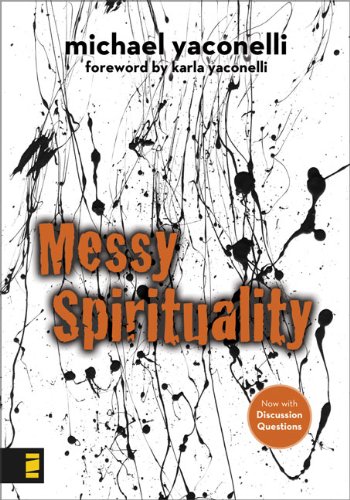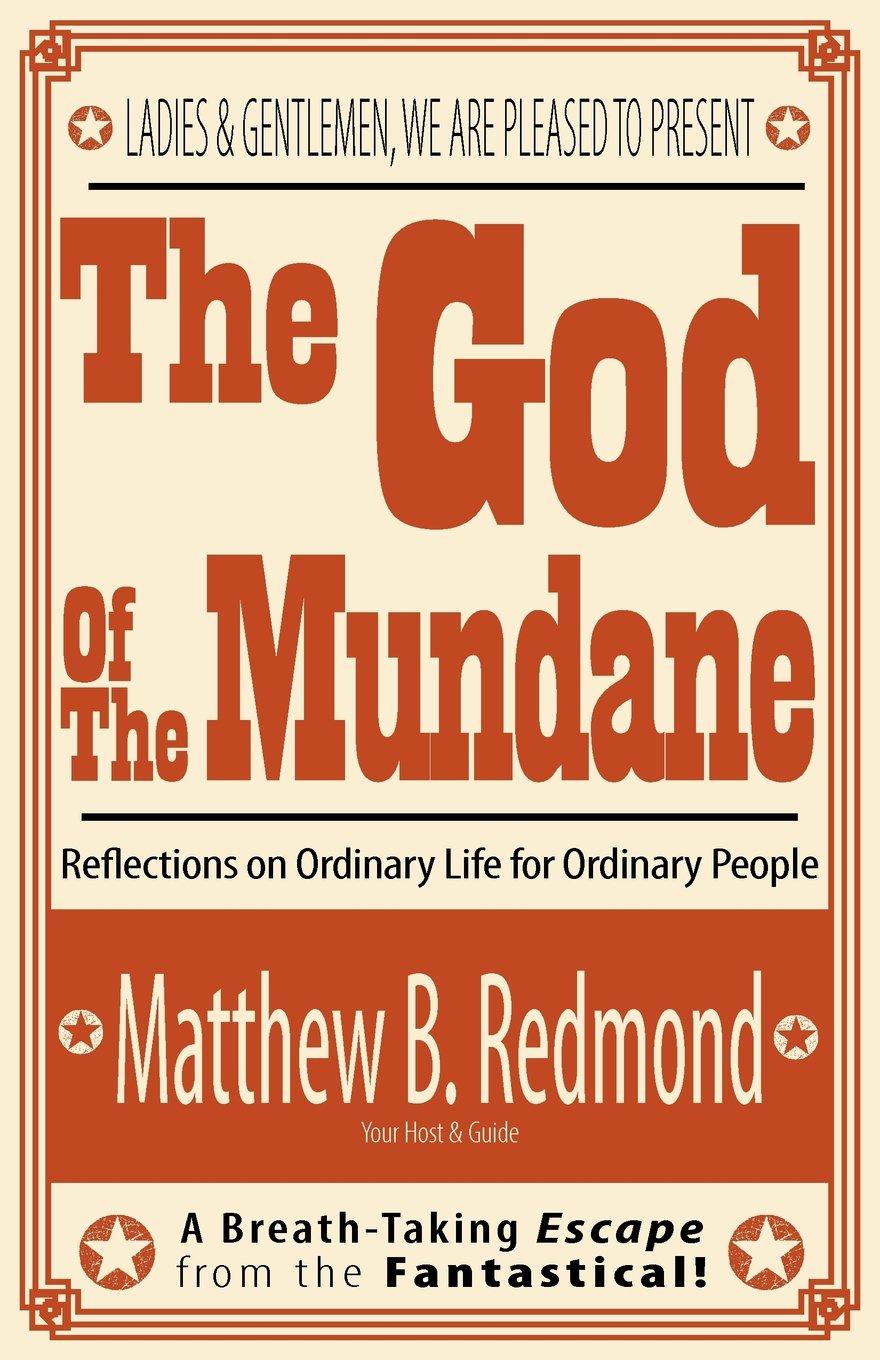IN CONGRESS, July 4, 1776.
The unanimous Declaration of the thirteen united States of America,
When in the Course of human events, it becomes necessary for one
people to dissolve the political bands which have connected them with
another, and to assume among the powers of the earth, the separate and
equal station to which the Laws of Nature and of Nature's God entitle
them, a decent respect to the opinions of mankind requires that they
should declare the causes which impel them to the separation.
We hold these truths to be self-evident, that all men are created
equal, that they are endowed by their Creator with certain unalienable
Rights, that among these are Life, Liberty and the pursuit of
Happiness.--That to secure these rights, Governments are instituted
among Men, deriving their just powers from the consent of the governed,
--That whenever any Form of Government becomes destructive of these
ends, it is the Right of the People to alter or to abolish it, and to
institute new Government, laying its foundation on such principles and
organizing its powers in such form, as to them shall seem most likely to
effect their Safety and Happiness. Prudence, indeed, will dictate that
Governments long established should not be changed for light and
transient causes; and accordingly all experience hath shewn, that
mankind are more disposed to suffer, while evils are sufferable, than to
right themselves by abolishing the forms to which they are accustomed.
But when a long train of abuses and usurpations, pursuing invariably the
same Object evinces a design to reduce them under absolute Despotism,
it is their right, it is their duty, to throw off such Government, and
to provide new Guards for their future security.--Such has been the
patient sufferance of these Colonies; and such is now the necessity
which constrains them to alter their former Systems of Government. The
history of the present King of Great Britain is a history of repeated
injuries and usurpations, all having in direct object the establishment
of an absolute Tyranny over these States. To prove this, let Facts be
submitted to a candid world.
He has refused his Assent to Laws, the most wholesome and necessary for the public good.
He has forbidden his Governors to pass Laws of immediate and pressing
importance, unless suspended in their operation till his Assent should
be obtained; and when so suspended, he has utterly neglected to attend
to them.
He has refused to pass other Laws for the accommodation of large
districts of people, unless those people would relinquish the right of
Representation in the Legislature, a right inestimable to them and
formidable to tyrants only.
He has called together legislative bodies at places unusual,
uncomfortable, and distant from the depository of their public Records,
for the sole purpose of fatiguing them into compliance with his
measures.
He has dissolved Representative Houses repeatedly, for opposing with manly firmness his invasions on the rights of the people.
He has refused for a long time, after such dissolutions, to cause
others to be elected; whereby the Legislative powers, incapable of
Annihilation, have returned to the People at large for their exercise;
the State remaining in the mean time exposed to all the dangers of
invasion from without, and convulsions within.
He has endeavoured to prevent the population of these States; for that
purpose obstructing the Laws for Naturalization of Foreigners; refusing
to pass others to encourage their migrations hither, and raising the
conditions of new Appropriations of Lands.
He has obstructed the Administration of Justice, by refusing his Assent to Laws for establishing Judiciary powers.
He has made Judges dependent on his Will alone, for the tenure of their offices, and the amount and payment of their salaries.
He has erected a multitude of New Offices, and sent hither swarms of
Officers to harrass our people, and eat out their substance.
He has kept among us, in times of peace, Standing Armies without the Consent of our legislatures.
He has affected to render the Military independent of and superior to the Civil power.
He has combined with others to subject us to a jurisdiction foreign to
our constitution, and unacknowledged by our laws; giving his Assent to
their Acts of pretended Legislation:
For Quartering large bodies of armed troops among us:
For protecting them, by a mock Trial, from punishment for any Murders
which they should commit on the Inhabitants of these States:
For cutting off our Trade with all parts of the world:
For imposing Taxes on us without our Consent:
For depriving us in many cases, of the benefits of Trial by Jury:
For transporting us beyond Seas to be tried for pretended offences
For abolishing the free System of English Laws in a neighbouring
Province, establishing therein an Arbitrary government, and enlarging
its Boundaries so as to render it at once an example and fit instrument
for introducing the same absolute rule into these Colonies:
For taking away our Charters, abolishing our most valuable Laws, and altering fundamentally the Forms of our Governments:
For suspending our own Legislatures, and declaring themselves invested with power to legislate for us in all cases whatsoever.
He has abdicated Government here, by declaring us out of his Protection and waging War against us.
He has plundered our seas, ravaged our Coasts, burnt our towns, and destroyed the lives of our people.
He is at this time transporting large Armies of foreign Mercenaries to
compleat the works of death, desolation and tyranny, already begun with
circumstances of Cruelty & perfidy scarcely paralleled in the most
barbarous ages, and totally unworthy the Head of a civilized nation.
He has constrained our fellow Citizens taken Captive on the high Seas
to bear Arms against their Country, to become the executioners of their
friends and Brethren, or to fall themselves by their Hands.
He has excited domestic insurrections amongst us, and has endeavoured
to bring on the inhabitants of our frontiers, the merciless Indian
Savages, whose known rule of warfare, is an undistinguished destruction
of all ages, sexes and conditions.
In every stage of these Oppressions We have Petitioned for Redress in
the most humble terms: Our repeated Petitions have been answered only
by repeated injury. A Prince whose character is thus marked by every act
which may define a Tyrant, is unfit to be the ruler of a free people.
Nor have We been wanting in attentions to our Brittish brethren. We
have warned them from time to time of attempts by their legislature to
extend an unwarrantable jurisdiction over us. We have reminded them of
the circumstances of our emigration and settlement here. We have
appealed to their native justice and magnanimity, and we have conjured
them by the ties of our common kindred to disavow these usurpations,
which, would inevitably interrupt our connections and correspondence.
They too have been deaf to the voice of justice and of consanguinity. We
must, therefore, acquiesce in the necessity, which denounces our
Separation, and hold them, as we hold the rest of mankind, Enemies in
War, in Peace Friends.
We, therefore, the Representatives of the united States of America,
in General Congress, Assembled, appealing to the Supreme Judge of the
world for the rectitude of our intentions, do, in the Name, and by
Authority of the good People of these Colonies, solemnly publish and
declare, That these United Colonies are, and of Right ought to be Free
and Independent States; that they are Absolved from all Allegiance to
the British Crown, and that all political connection between them and
the State of Great Britain, is and ought to be totally dissolved; and
that as Free and Independent States, they have full Power to levy War,
conclude Peace, contract Alliances, establish Commerce, and to do all
other Acts and Things which Independent States may of right do. And for
the support of this Declaration, with a firm reliance on the protection
of divine Providence, we mutually pledge to each other our Lives, our
Fortunes and our sacred Honor.
 I think the same principle applies in relationships. Many church folk are good sprinters. When someone needs advice, we stand in line eager to offer it. If someone needs a helping hand, we gladly pitch in. Hurting people are offered a meal or two.
I think the same principle applies in relationships. Many church folk are good sprinters. When someone needs advice, we stand in line eager to offer it. If someone needs a helping hand, we gladly pitch in. Hurting people are offered a meal or two. 









